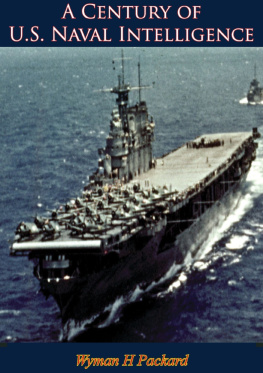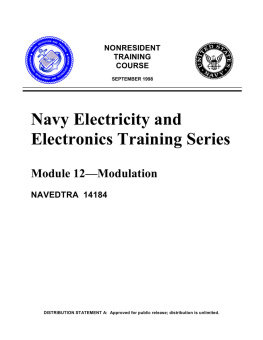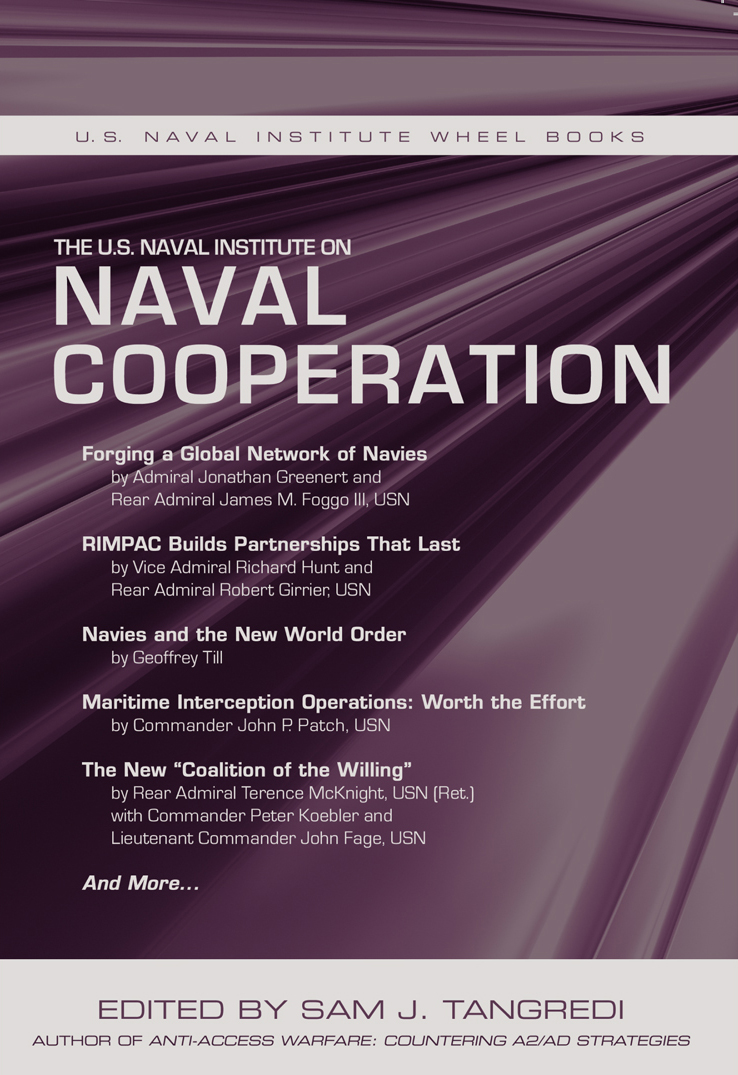Sam Tangredi - The U.S. Naval Institute on International Naval Cooperation
Here you can read online Sam Tangredi - The U.S. Naval Institute on International Naval Cooperation full text of the book (entire story) in english for free. Download pdf and epub, get meaning, cover and reviews about this ebook. year: 2015, publisher: Naval Institute Press, genre: Romance novel. Description of the work, (preface) as well as reviews are available. Best literature library LitArk.com created for fans of good reading and offers a wide selection of genres:
Romance novel
Science fiction
Adventure
Detective
Science
History
Home and family
Prose
Art
Politics
Computer
Non-fiction
Religion
Business
Children
Humor
Choose a favorite category and find really read worthwhile books. Enjoy immersion in the world of imagination, feel the emotions of the characters or learn something new for yourself, make an fascinating discovery.

- Book:The U.S. Naval Institute on International Naval Cooperation
- Author:
- Publisher:Naval Institute Press
- Genre:
- Year:2015
- Rating:3 / 5
- Favourites:Add to favourites
- Your mark:
The U.S. Naval Institute on International Naval Cooperation: summary, description and annotation
We offer to read an annotation, description, summary or preface (depends on what the author of the book "The U.S. Naval Institute on International Naval Cooperation" wrote himself). If you haven't found the necessary information about the book — write in the comments, we will try to find it.
International naval cooperation encompasses the interaction of the U.S. Naval Services with the navies and militaries of treaty allies and partners nations in support of mutual defense. In addition, the term can be used to define other bilateral and multilateral defense and diplomatic activities affecting naval affairs, such as international law, rules of engagement, and arms control.
Activities in support of mutual defense include bilateral and multilateral exercises, international programs such as cooperative acquisition and foreign military sales, combined training, and efforts towards increased interoperability. This volume presents an introductory discussion and selections from Naval Institute books and articles that concern these and other aspects of international naval cooperation.
All naval professionalswithout exceptionencounter, directly participate, or play a supporting role in naval cooperation. Most apparent roles are those of foreign liaison assignments or service on alliance staffs, such as NATO staffs. But coalition operations have become the norm, and fighting alongside foreign navies is an expected aspect of current and future naval warfare.
International military and naval cooperation is a specifically defined element of current U.S. national security strategy and codified in joint and Service doctrine. Obviously, an understanding of the subject is necessary in order to carry out the strategy.
As part of the Naval Institute Wheel Book series, International Naval Cooperation is intended to provide a basic familiarization to all aspects of the subject and detailed understanding of relevant recent issues and development. Since there current exists no formal training on the subject for naval professionalswith the exception of certain specialized personnelthe book is designed to bridge the existing gap in knowledge.
Such knowledge is as important for sea-going officers and sailors as those serving on staffsperhaps more so, since it is at sea that cooperation brings practical results.
In articles, interviews and speeches, recent Chiefs of Naval Operations have pointed to the need for high levels of pre-operational understanding and trust between allies and naval partners by using the admonition you cannot surge trust. Knowledge of naval cooperative programs is the first step towards being able to build such trust. And this book builds that knowledge.
Sam Tangredi: author's other books
Who wrote The U.S. Naval Institute on International Naval Cooperation? Find out the surname, the name of the author of the book and a list of all author's works by series.








